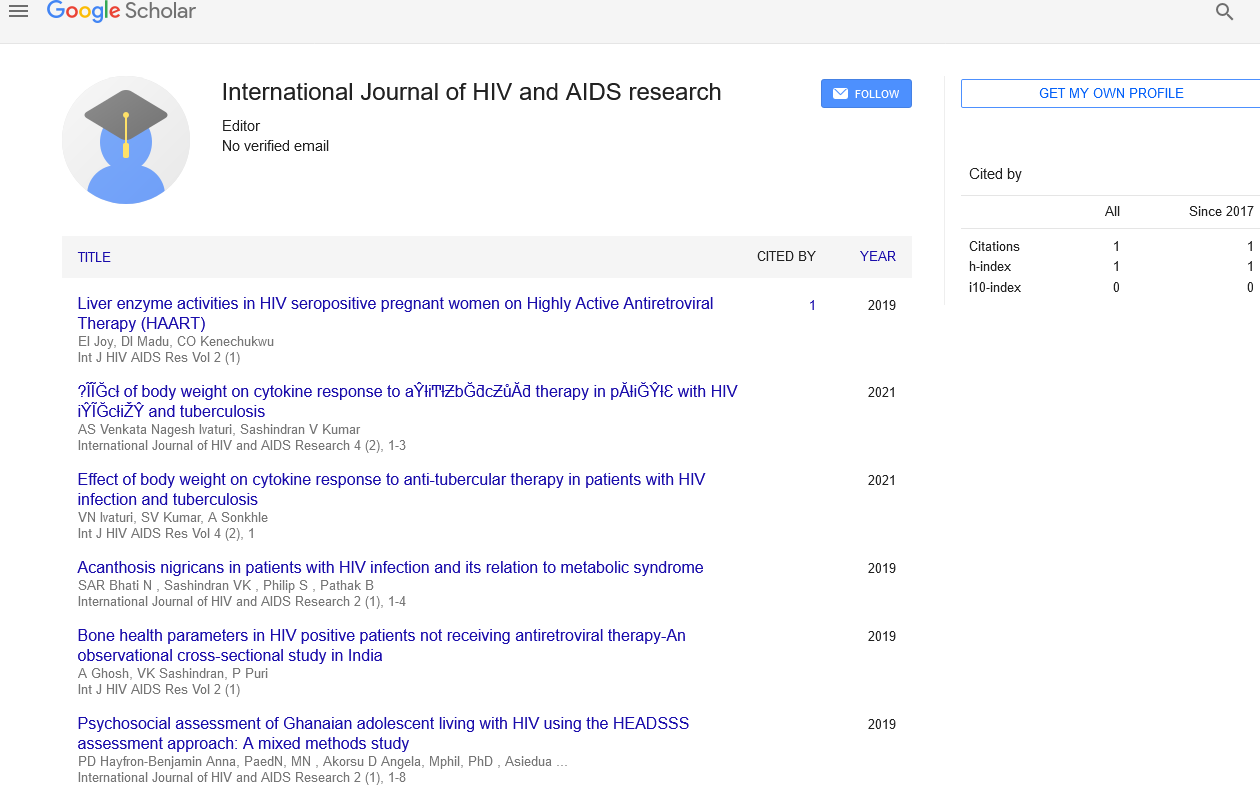Pilot study on chilli stalks as a source of non-dairy lactic acid bacteria in yogurt making
2 Department of Chemistry, University of Medical Sciences, Ondo, Ondo State, Nigeria, Email: jarawande@unimed.edu.ng
Received: 28-Jan-2019 Accepted Date: Feb 05, 2019; Published: 12-Feb-2019
Citation: Olatide M, Arawande JO, George OO, et al. Pilot study on chilli stalks as a source of non-dairy lactic acid bacteria in yogurt making. Appl Food Sci J. 2019;3(1):5-8.
This open-access article is distributed under the terms of the Creative Commons Attribution Non-Commercial License (CC BY-NC) (http://creativecommons.org/licenses/by-nc/4.0/), which permits reuse, distribution and reproduction of the article, provided that the original work is properly cited and the reuse is restricted to noncommercial purposes. For commercial reuse, contact reprints@pulsus.com
Abstract
Chilli stalks were investigated as a source of non-dairy lactic acid bacteria (LAB) in the fermentation of milk for yogurt production. Milk samples used for this study were obtained from four different milk types which are evaporated whole milk, powdered whole milk, groundnut whole milk and coconut whole milk. The milk samples were prepared, pasteurized at 82oC for 30 minutes, cooled to 45oC and inoculated with chilli stalks. Two reference samples were similarly treated and inoculated with starter ‘A’ and starter ‘B’, (LAB from store bought yogurts Tm). The pH and titratable acidity reported as percentage lactic acid were recorded as fermentation indicators. The results were significantly different (p ≤ 0.05) and showed that chilli stalks cultured evaporated milk yogurt (CEY), chilli stalks cultured powered milk yogurt (CPY), chilli stalks cultured groundnut milk yogurt (CGY) and chilli stalks cultured coconut milk yogurt (CCY) have the pH values of 4.1, 5.4, 4.4 and 4.0, respectively. The pH values for starter ‘A’ cultured yogurts are starter ‘A’ cultured evaporated milk yogurt (AEY) 5.0, starter ‘A’ cultured powered milk yogurt (APY) 5.4, starter ‘A’ cultured groundnut milk yogurt (AGY) 3.4 and starter ‘A’ cultured coconut milk yogurt (ACY) 4.5 while those of starter ‘B” cultured yogurts are starter ‘B’ cultured evaporated milk yogurt (BEY) 4.2, starter ‘B’ cultured powered milk yogurt (BPY) 5.3, starter ‘B’ cultured groundnut milk yogurt (BGY) 4.6 and starter ‘B’ cultured coconut milk yogurt (BCY) 4.6. The titratable acidity (% lactic acid) are (CEY) 1.15, (CGY) 1.16 and (CCY) 1.32. In chilli stalks inoculated powdered milk (CPY), cheese was produced after the 18 hours incubation period. The titrable acidity (% lactic acid) of reference samples are AEY 1.06%, APY 1.32%, AGY 0.95%, ACY 1.19%, BEY 1.09% and BCY 1.61%. From the results obtained in this study, chilli stalks contain microorganism that resulted in increased acidity in yogurt products.





